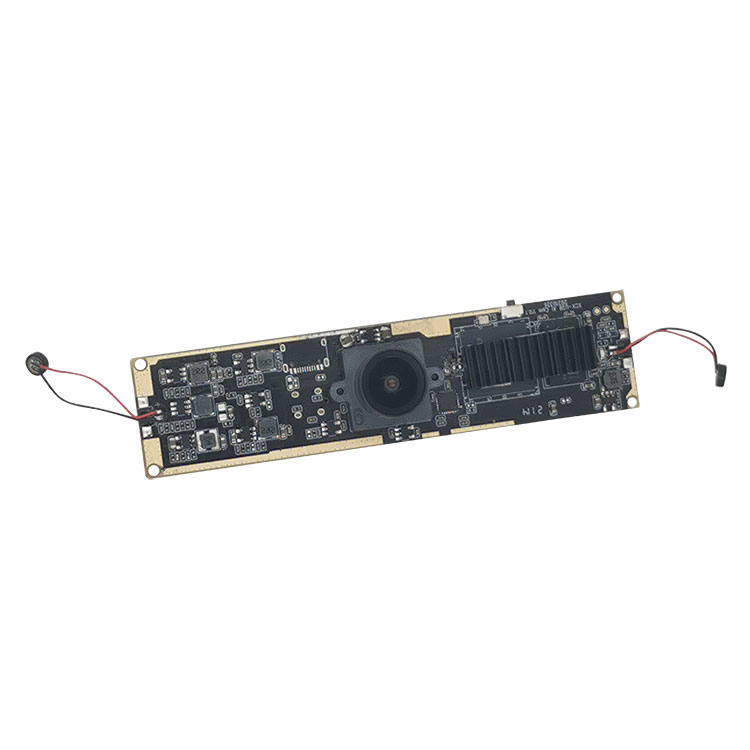1. Hole copper. Hole copper is a very critical quality indicator, because the conduction of each layer of the board depends on the hole copper, and this hole copper needs to be electroplated with copper. This process takes a long time and the production cost Very high, so in an environment of low-price competition, some factories have begun to cut corners and shorten the copper plating time. Especially in some allegro factories, many allegro factories in the industry have begun to apply a "conductive glue process" in recent years.
2. Plate, in the fixed cost of PCB, plate accounts for nearly 30%-40% of the cost. It is conceivable that many board factories will cut corners in the use of plates in order to save costs.
The difference between a good board and a bad board:
1. Fire rating. Non-flame retardant sheets can be ignited. If non-flame retardant sheets are used in your products, the consequences are risky.
2. Fiber layer. Qualified panels are normally formed by pressing at least 5 glass fiber cloths. This determines the breakdown voltage and fire tracking index of the board.
3. The purity of the resin. Poor board materials have a lot of dust. It can be seen that the resin is not pure enough. This kind of board is very dangerous in the application of multi-layer boards, because the holes of the multi-layer board are very small and dense.
For multi-layer boards, pressing is a very important process. If the pressing is not done well, it will seriously affect 3 points:
1. The board-layer bonding is not good and it is easy to delaminate.
2. Impedance value. PP is in a state of glue flow under high temperature pressing, and the thickness of the final product will affect the error of the impedance value.
3. Yield rate of finished products. For some high-layer PCBs, if the distance from the hole to the inner layer line and the copper skin is only 8 mils or even less, then the level of pressing must be tested at this time. If the stack is offset during pressing and the inner layer is off-position, after drilling the hole, there will be a lot of open circuits in the inner layer.


